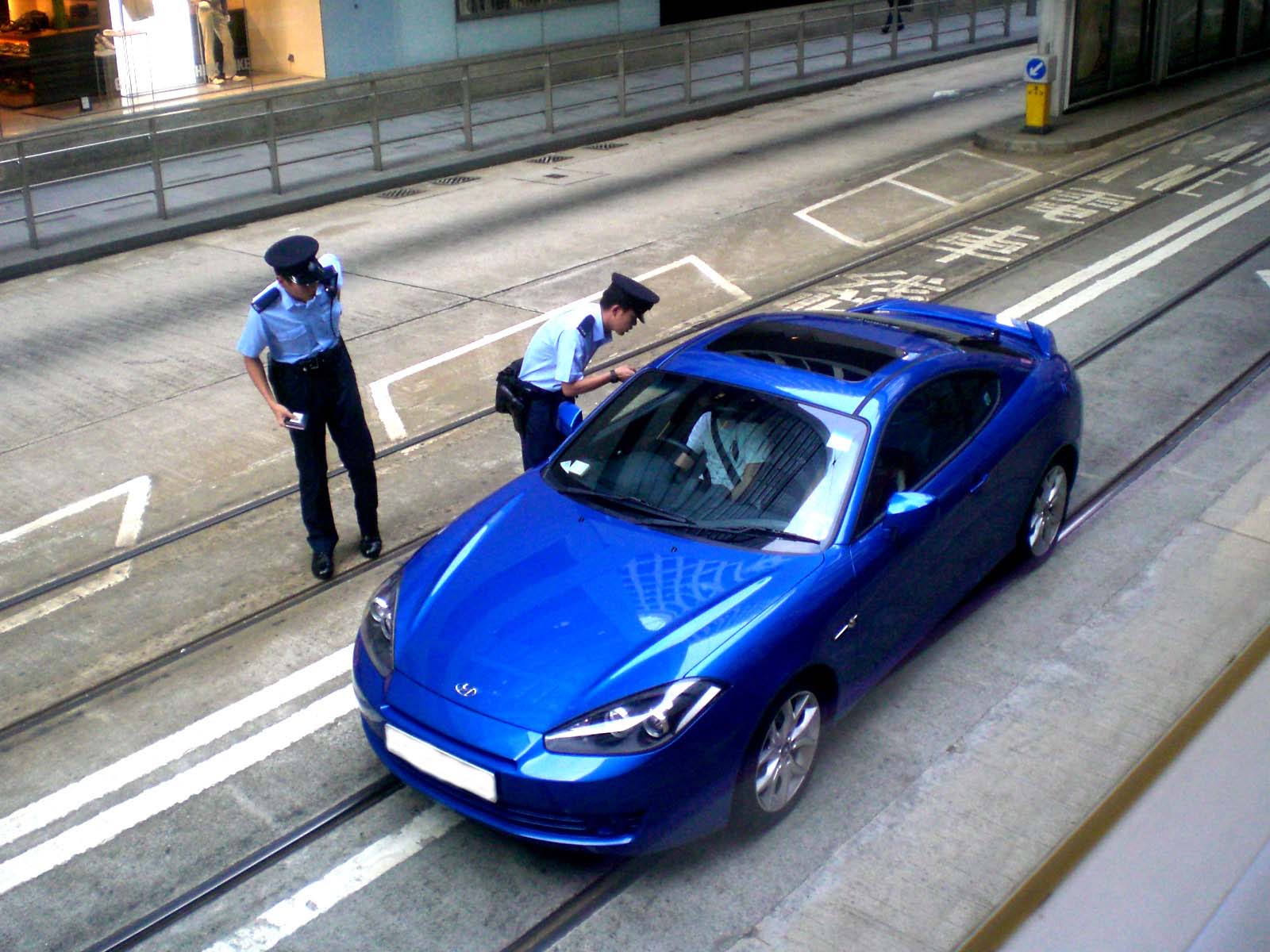 Reported by Canwest News Service, the Canadian Department of Justice is proposing a new law that would allow police officers to randomly demand breath samples in an effort to curtail drunk driving, without respect to whether or not the officer thinks the driver has consumed alcohol. The idea was brought forth by federal Justice Minister Rob Nicholson at a recent meeting of Mothers Against Drunk Driving (MADD).
Reported by Canwest News Service, the Canadian Department of Justice is proposing a new law that would allow police officers to randomly demand breath samples in an effort to curtail drunk driving, without respect to whether or not the officer thinks the driver has consumed alcohol. The idea was brought forth by federal Justice Minister Rob Nicholson at a recent meeting of Mothers Against Drunk Driving (MADD).
Currently, s. 254(3) of the Criminal Code stipulates that an officer must first suspect consumption of alcohol before commanding a breath sample:
Samples of breath or blood
(3) If a peace officer has reasonable grounds to believe that a person is committing, or at any time within the preceding three hours has committed, an offence under section 253 as a result of the consumption of alcohol, the peace officer may, by demand made as soon as practicable, require the person
(a) to provide, as soon as practicable,
(i) samples of breath that, in a qualified technician’s opinion, will enable a proper analysis to be made to determine the concentration, if any, of alcohol in the person’s blood, or
(ii) if the peace officer has reasonable grounds to believe that, because of their physical condition, the person may be incapable of providing a sample of breath or it would be impracticable to obtain a sample of breath, samples of blood that, in the opinion of the qualified medical practitioner or qualified technician taking the samples, will enable a proper analysis to be made to determine the concentration, if any, of alcohol in the person’s blood;
(emphasis added)
The emphasized qualification in s. 254(3) above protects against unreasonable search and seizure, a constitutional right as laid out in s. 8 of the Charter of Rights and Freedoms:
Search or seizure
8. Everyone has the right to be secure against unreasonable search or seizure.
If Parliament were to change the statute in the Code, then a constitutional challenge would almost certainly ensue. (It harks back to another recent road-related challenge: street-racing laws which place absolute liability on a driver caught racing). It would probably be found that the new statute violates Charter s. 8; the issue would then be if this limitation of rights can be “demonstrably justified in a free and democratic society”(Charter s. 1).
Impaired driving kills between 1350 and 1600 people per year. Would it be reasonable and proportional to limit the fundamental rights of all Canadians to enable a tool in combating this scourge?

To quote a friend of mine:
“Someone should tell the Justice Minister that the Supreme Court already took care of this in Grant.“
Someone could tell that to Jack Layton too:
Of course by this logic the very best solution would be to ban driving, or alcohol, or both!
The fight against drunk driving parallels the campaign against teenage crime in troubled neighbour hoods. Add lots of cops and courts and take their rights away one at a time until you win without working to hard. I talked to a restaurateur who told me that he sold more water than beer on new years eve. In a few years we will be rolling up the sidewalks on the weekends.
What about offering a program where you could leave your car downtown, take a cab and if the receipts were time stamped from 10PM Friday to 2 AM Saturday, the city would pay for 1/2 the cost of the parking and Cab. More expenses for sure at City Hall, but at the same time a lot more taxes from business’ in the entertainment district more work for cabbies and reduced expenses (fewer cops, paramedics and firefighters, fewer courts, judges, prison guards). Unfortunately that piece of the business for lawyers would be reduced. Lives would be saved and we might start reversing this erosion of our constitutional rights.